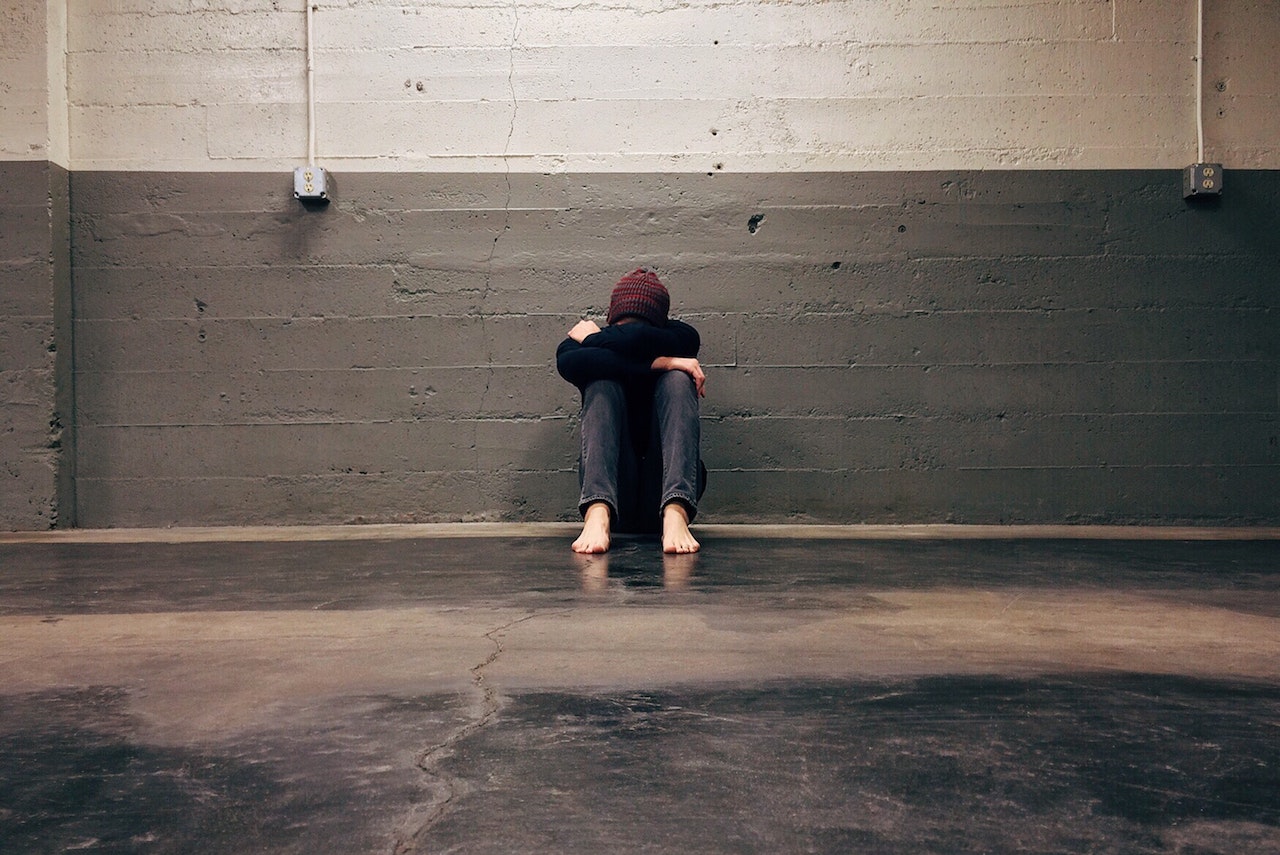Students struggle to create a between social, academic, and personal life. It leads to stress and affects productivity, grades, happiness, and relationships. Thus, it is essential to learn stress management techniques that can allow them to cope with the situation effectivity and enhance their performance.
The co-curricular activities, peer pressure, and lack of parental support affect mental health. The stress of socialization and competitiveness leads to anxiety and correlated mental health disorders.
The stress management tips that allow the student to remain calm, composed, and in control are:
- Identify The Trigger: The students who remain stressed and anxious in academic settings should identify the trigger. The stress causes irritability and agitation leading to a lack of productivity. Thus, the individual must talk to a school counselor to seek guidance regarding therapies and relaxation techniques to manage stress and anxiety.
- Engage in Physical Activities: It is essential to have a diversion to focus on the positive aspects of life and reduce stress. Engaging in physical activities reduces perceived stress. Exercising helps release endorphins, which reduces pain and stress. Yoga, swimming, and walking in the morning are wholesome ways of meaning a healthy BMI and reducing stress.
- Talk About Your Feelings: Emotional support helps reduce stress. Talk therapy helps reduce stress. Friends and family members can help the student have a positive approach to resolving their issues. The support induces a sense of control that enables the students to work harder to achieve their goals and make rational decisions.
- Monitor Your Dietary Intake: High sugar intake helps relieve the symptoms of stress temporarily; however, it affects physical health, which may induce anxiety and related complications. Therefore, students should eat healthily and keep themselves hydrated. A healthy diet boosts brain power, which allows students to improve their thought processes and manage stress.
- Use a Planner: Students fail to create a balance and complete academic tasks on time. Thus, pre-planning helps the students to remain stress-free and proactive. Therefore, students should prepare their monthly planners.
The stress management techniques that help relieve stress are:
- Deep Breathing: It is a technique that enables the individual to feel calm by reducing the stress hormones in the blood. The students who feel stressed should lie down and inhale and exhale through the nose for thirty seconds. It helps improve the focus and provides clarity on ways to resolve problems.
- Progressive Muscle Relaxation: The technique tenses and relaxes the body muscles to relieve physical tension. Students who feel stressed before a presentation or exam should learn PMR to manage stress and anxiety.
- Guided Imagery: Happy visualization/ Guided imagery helps divert attention. Guided imagery helps the students focus on another time in life when they were able to achieve their goals. It allows them to feel in control and confident in themselves to achieve the desired results. The sense of control reduces stress and leads to contentment.
- Mindfulness: The technique helps the student focus on the present. It allows the individual to focus mainly on a particular task at a time, which enables the student to complete it on time. It reduces stress and enhances performance.

